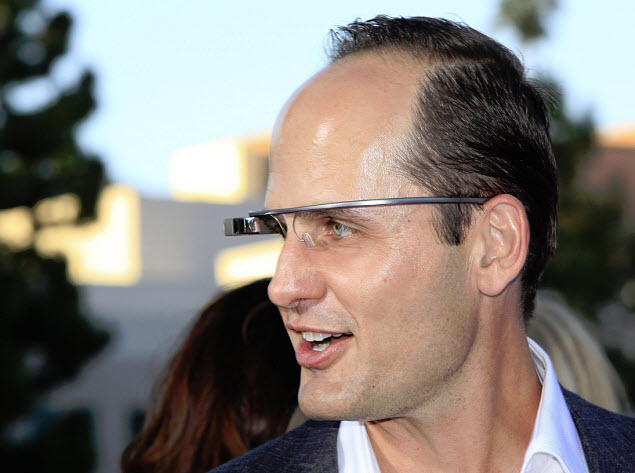A surgeon in Nashville is looking into the various benefits that can be brought to an O.R. by the augmented reality headset.
A Nashville surgeon is currently investigating some of the ways in which his wearing Google Glass while in the operating room will be able to benefit him – as a surgeon – as well as the patient.
This augmented reality headset has been greatly embraced by the medical community.
Despite the fact that Google Glass is still in a limited release phase, the doctors and others in the medical community have been coming up with a large range of different potential uses for these and similar augmented reality devices. Although the public has had mixed responses to the devices, doctors appear to be ready to wear them and discover what they can offer in terms of efficiency, accuracy, and other potential benefits.
A company in Nashville is now taking the use of Google Glass in hospitals to the next level.
 Octovis Inc. believes that there could be massive implications for the augmented reality technology in health care. It is now undergoing its “14-week startup boot camp” along with another company based in Nashville, Jumpstart Foundry, which is a business accelerator. This project is meant to test some of the various applications for the mobile technology among a handful of physicians.
Octovis Inc. believes that there could be massive implications for the augmented reality technology in health care. It is now undergoing its “14-week startup boot camp” along with another company based in Nashville, Jumpstart Foundry, which is a business accelerator. This project is meant to test some of the various applications for the mobile technology among a handful of physicians.
Sanat Dixit, one of the participating physicians, is a neurosurgeon who has been working within the region for four years. He has now become the first doctor in Tennessee to bring the augmented reality device into the operating room. Moreover, he is also one of the only doctors in the entire Southeast to actually use this cutting edge mobile tech for professional reasons.
While the doctor is not permitted to reveal the name of the hospital in which surgeries have now been performed while using Google Glass – as the facility has yet to create an official policy regarding the use of this technology and wants to ensure that the privacy of its patients remains protected – what is known is that at least two procedures have been completed and it looks as though other facilities will soon be discussing similar efforts in the not too distant future.

 According to McLean, “There are huge privacy and ethical implications around wearable technology.” She went on to express that this struggle regarding the use of wearables by employees will only continue to become greater as time goes on. As
According to McLean, “There are huge privacy and ethical implications around wearable technology.” She went on to express that this struggle regarding the use of wearables by employees will only continue to become greater as time goes on. As 